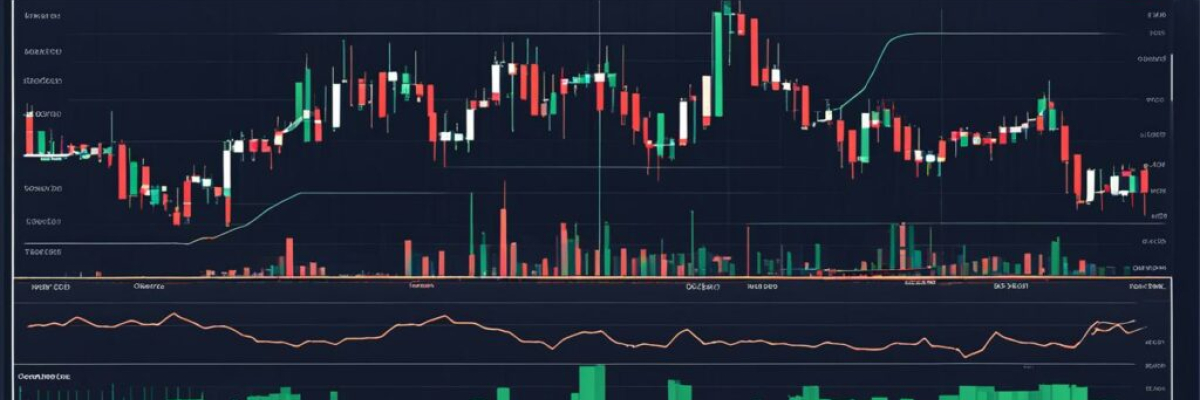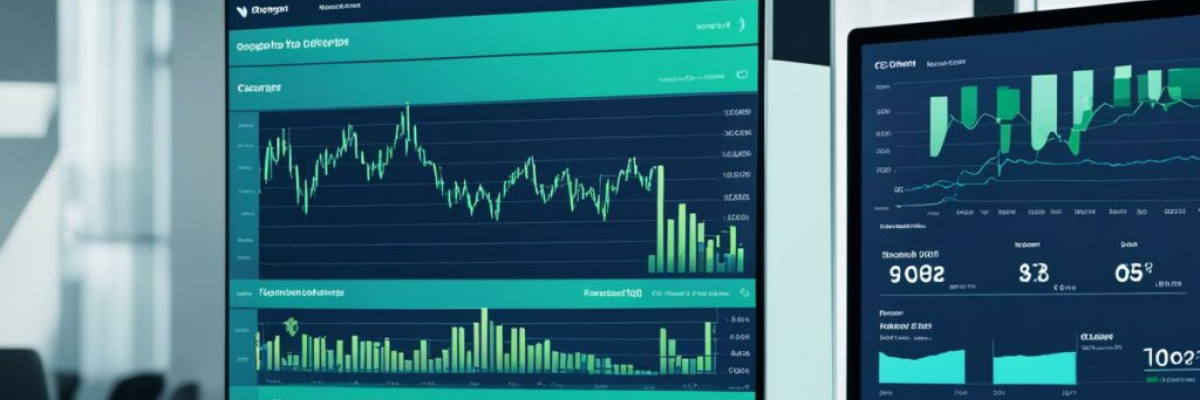An Insight into Singapore’s Financial Tech Advancements
The city-state of Singapore, through its financial regulatory chief, recently made a statement addressing the advancements in the realm of digital finance, especially concerning the seamless integration of transactions spanning various digital asset networks.
Highlighting the innovative path for digital financial transactions, the senior official emphasized the significant potential of tokenization in the finance sector. Tokenization, as pointed out, not only facilitates the direct transfer of financial assets sans intermediaries but also brings major benefits such as the elimination of settlement risks, unnecessary reconciliations, and the requirement for substantial funding accounts. Moreover, the revolutionary concept of fractionalizing assets further adds an edge, enabling division and partial ownership of assets.
The regulatory chief shed light on the critical ingredient for this technological leap – interoperability. With a multitude of digital networks cropping up, driven by unique business goals and varying legal considerations, the regulator remarked that wishing for a unified system to accommodate all financial transactions is impractical. Instead, the focus should be on ensuring that these diverse systems are equipped to work together seamlessly.
Delving deeper into the subject, the MAS director detailed the nation’s active steps towards such a financial ecosystem, citing the example of Project Guardian. The project involves the MAS partnering with different industry stakeholders to tokenize various classes of assets, aiming at specific outcomes. Further enhancing the project’s prospects is the collaboration with global entities, indicating the international scope and interest garnered by Singapore’s fintech initiatives.
In a separate snapshot, the conversation steered towards the domain of digital currencies. The debate categorizes virtual currencies into four fundamental groups: independently created cryptocurrencies, digital currencies issued by central banks, tokenized bank obligations, and strictly regulated stablecoins. With numerous cryptocurrency enthusiasts having endured considerable losses, the viewpoint presented was clear – cryptocurrencies have not matched up to the required standards to qualify as a reliable medium for monetary transactions or as a measure of value, owing to their volatility.
Pivoting from cryptocurrencies, the discourse established that wholesale CBDCs and tokenized bank liabilities could serve the function of digital currencies effectively, achieving what is known as ‘atomic settlement.’ Stablecoins that fall under rigorous regulations were also acknowledged for their potential in this area, as highlighted by the regulatory body’s preliminary approval of three stablecoin issuances within the Singaporean jurisdiction.
What are your thoughts on the visionary steps of MAS’s Managing Director and Singapore’s approach towards digital asset infrastructure? Share your perspectives on this digital financial evolution.

Frequently asked Questions
1. How does Singapore maintain flawless financial operations on digital asset platforms?
Singapore maintains flawless financial operations on digital asset platforms through a comprehensive regulatory framework that ensures transparency, security, and accountability. The Monetary Authority of Singapore (MAS) closely supervises and regulates digital asset service providers, imposing stringent licensing requirements and conducting regular audits to prevent fraud and money laundering.
2. What measures does Singapore take to promote investor confidence in digital asset platforms?
To promote investor confidence, Singapore implements strong investor protection measures. This includes requiring digital asset service providers to adhere to strict Know Your Customer (KYC) and Anti-Money Laundering (AML) procedures. Additionally, the MAS monitors market activities, enforces fair trading practices, and provides clear guidelines to prevent market manipulation and insider trading.
3. How does Singapore address the issue of cybersecurity on digital asset platforms?
Singapore places great emphasis on cybersecurity to safeguard digital asset platforms. The MAS collaborates with industry players to develop and implement robust cybersecurity measures, such as two-factor authentication, encryption, and regular vulnerability assessments. The government also encourages the adoption of internationally recognized cybersecurity standards and conducts regular audits to ensure compliance.
4. How does Singapore regulate Initial Coin Offerings (ICOs) and token sales?
Singapore has implemented a regulatory framework specifically tailored for ICOs and token sales called the Payment Services Act (PSA). Under the PSA, digital asset service providers and token issuers must obtain a license from the MAS and comply with specific requirements, including anti-fraud measures, investor disclosure, and financial safeguards. This regulatory framework provides a level of assurance and protection for investors participating in ICOs and token sales.
5. What role does technology play in Singapore’s strategy for flawless financial operations on digital asset platforms?
Technology plays a crucial role in Singapore’s strategy for flawless financial operations on digital asset platforms. The country actively promotes the development and adoption of innovative technologies, such as distributed ledger technology (DLT) and smart contracts, to enhance efficiency, transparency, and security in financial transactions. Singapore also encourages collaboration between financial institutions and technology companies to drive innovation in the digital asset space.
6. How does Singapore foster collaboration between traditional financial institutions and digital asset service providers?
Singapore recognizes the importance of collaboration between traditional financial institutions and digital asset service providers. The MAS actively facilitates partnerships, encourages dialogue, and provides regulatory guidance to promote an ecosystem where both parties can work together. This collaboration allows traditional financial institutions to leverage the benefits of digital assets while ensuring compliance with regulatory requirements.
7. How does Singapore handle cross-border transactions on digital asset platforms?
Singapore has established a robust regulatory framework for cross-border transactions on digital asset platforms. The MAS collaborates with international regulatory counterparts to develop common standards and facilitate information sharing. Singapore also encourages the adoption of cross-border interoperability solutions, such as blockchain-based systems, to streamline and secure cross-border transactions, ensuring seamless and efficient financial operations.










